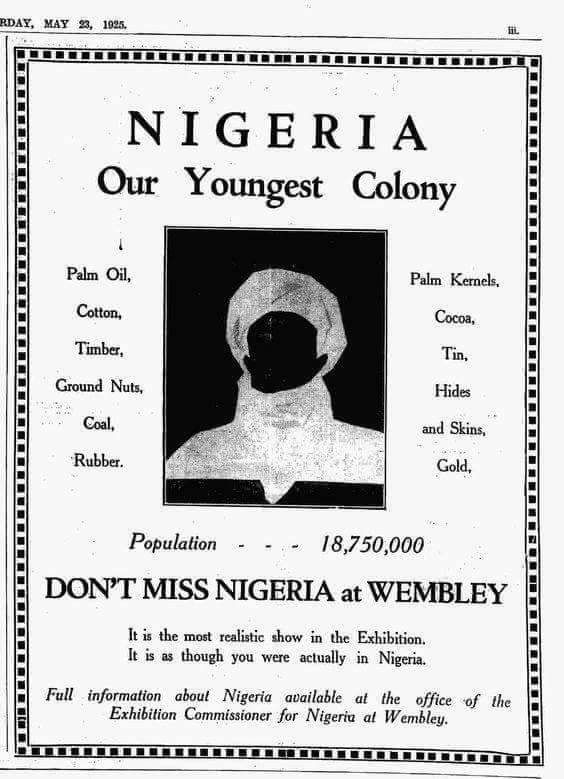Why Multi Species Worlding?
Multi-species acknowledges the personhood and agency of other-than-human species, as well as the interrelationships and interdependence that exists among all species.
The continuation of modernity depends on severing nature-cultures' direct connection with the land. It seeks to prohibit and disparage the rituals and practices that seek to renew kinship with the divine that lives in every living being of Earth.
The impact of this disconnection is widespread and at the very root of our interconnected crises.
Worlding, on the other hand, is the process of actively creating or shaping the world we experience.
It's not about the world just existing independently of us, but rather about how we, along with non-humans, continuously "make" the world through our interactions, relationships, and perceptions.
Worlding blends the material (physical things) and semiotic (signs and meanings) aspects of life, erasing clear (illusionary) boundaries between people and their environment.
Worlding is not a thing out there, but an ongoing, living process — within, between, and beyond us.
Worlding found its way in many academic disciplines but was first introduced in postcolonial studies by Gayatri Spivak. In her essay, The Rani of Simur, Spivak argues that to "world someone" is to make them invest psychologically into the worldview of another. She tells the story of a native servant traveling with a British officer through India. As they travel, the officer maps, records, and writes about his experiences. In this setting, the colonizer makes the native servant subconsciously perceive his own land through the eyes of his master. As a result, the native starts seeing his own home territory as belonging to his master.
The paradox is that we both participate in the worlding of worlds — and therefore experience a sense of agency, and at the same time, we are always being worlded, even without our conscious awareness of it.
Every action we take or don't take builds towards a future potential. Worlds or futures are not singular but a multitude.
Worlding through Imagination
According to the social anthropologist Tim Ingold, imagination is a “generative impulse of life towards new desirable ways of being in the world.”
Ingold argues that imagination isn't separate from "the real" (world), but "a way of entering from the inside into the generative currents of the world itself, by balancing one’s very being on the cusp of its emergence."
Through our imagination, we develop a closer intimacy and understanding of another species. We attune ourselves to their ecology. This shapeshifting process allows for the birth of new worldings, infused with their teachings and wisdom.
It’s up to us to decenter the human and co-create ways of being, doing, working, designing relating, organizing, etc. that serve the lives of all species.
Multi species worlding invites us to become listeners to a world full of wisdom that is always speaking to us.
And once we begin to step outside our own minds and practice paying attention, our love will find ways to serve the wider web of life — to tell stories that aren’t just about us, to design products and services that are co-created as nature, alongside nature, and for nature. To build worlds that develop the potential of all beings and celebrate the diversity, abundance, and beauty that multi-species futures have to offer.
Be part of the experience!
Now in its 7th iteration, Sympoiesis designed an immersive learning experience that combines theory, imagination, storytelling, and conversation. Here is what you can expect:
Exhibit of Curiosities
Participants interact with the theory, insights, artwork and case studies that have informed the workshop.
Guided visualization
An immersive visualization guides participants to let go of a human identity and assume a new form: transforming from human into another species.
Group Inquiry
Participants deepen their perspectives of their newly assumed species through group inquiry.
Kinship Storytelling
Reflecting on their own role, participants weave the emergent story of a kincentric future that holds the perspectives of all lifeforms.
If this sounds interesting to you, learn more and sign up by clicking the buttons below and use the code SUBSTACK at checkout to get 5EUR OFF. Questions? Write Niels at niels.devisscher@gmail.com








